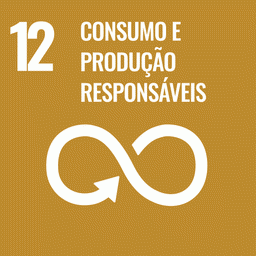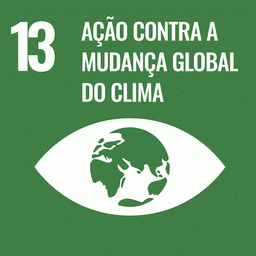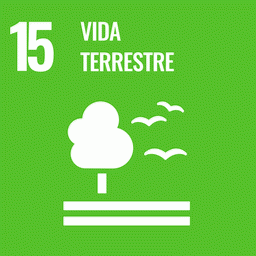As recentes mudanças no Código Florestal, a partir da aprovação da Lei nº 12.651, de 25 de maio de 2012, levantaram o debate sobre as bases científicas de seus dispositivos, principalmente em relação à extensão de áreas a serem mantidas ou recuperadas com cobertura vegetal natural. O estudo mostra, analisa dezenas de estudos científicos disponíveis e pretende ser um primeiro passo na popularização do tema, em busca de um maior envolvimento da sociedade brasileira.
Cenários de perda da cobertura florestal na área de influência do Complexo Hidroelétrico do Tapajós
Apresentação feita pela pesquisadora Ane Alencar, do IPAM, em audiência pública realizada em Santarém, (PA) sobre a implantação do complexo. Ela traz um resumo de projeções conduzidas pelo instituto sobre o desmatamento na região com a construção de dez hidrelétricas previstas.


